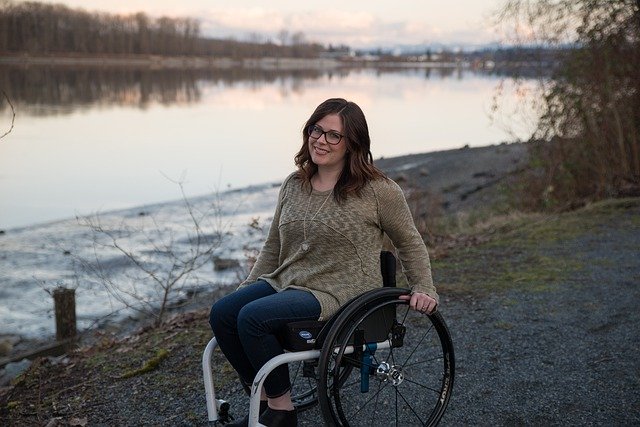Are you currently receiving treatment for a medical condition and worried about losing your job? Are you wondering if your employer can fire you for taking days off to care for your ill family member? Are you expecting a child or planning to adopt and want to know the laws around taking time off to care for your child? If so, here is some information that may help answer your questions.
The California Family Rights Act (“CFRA”) is regulated by the Department of Fair Employment and Housing (“DFEH)”). CFRA allows the employee to take protected time off to care for him or herself, or a family member, who is recovering from a serious health condition. The CFRA can also be used for bonding time with a newborn child so long as it be used within the first year of the child’s birth or placement into a home if an adoption has taken place. If you are eligible for CFRA leave, you can take up to 12 work weeks of protected leave per year, which means that it is illegal for employers to demote, fire, or discipline you for utilizing these benefits. The 12-week period can be taken all at once, or intermittently to cover occasional medical appointments or hospital stays.
The CFRA is almost identical to the Family Medical Leave Act (“FMLA”), but there are some minor differences. One of those differences is that FMLA sees pregnancy as a serious health condition but the CFRA does not. In California, women are entitled to the Pregnancy Disability Act, where they are able to take up to four months of leave in order to care for their newborn child or newly adopted child if the employer has 5 or more employees. Secondly, CFRA recognizes registered domestic partners as spouses where FMLA does not. Therefore, if you are a California resident, your domestic partner is entitled to baby bonding leave where employees in other states are not.
CFRA leave is time off without pay, which means that you will not be paid, but you may be able to use your vacation or sick pay to cover the gaps in your salary. Your employer must continue your medical benefits as if you were not on leave so that there is no disruption of your medical coverage. If the situation arises where you are needing to take CFRA leave, it is best to notify your employer as soon as possible. It is required for your employer to respond within 5 business days of your request for leave to determine if your request has been approved. The law protects the confidentiality of the employee so you do not have to disclose the condition or diagnosis of your health condition. You can simply say that you need to take a leave due to a “CFRA-protected” condition.
If your employer states that they need a copy of your medical certification, you have 15 days in order to provide this documentation in order to protect your position at your company. If you do not provide medical certification, your employer reserves the right to deny you CFRA benefits. Medical certification usually means documentation of the seriousness of your condition, whether you need to take periodic days off or if you need to take consecutive days off. Your employer reserves the right to request a second opinion if the validity of your medical certification is questioned.
Generally, there are three requirements for employees to qualify for CFRA leave. First, you must be employed for 12 months with your current employer. This does not mean that you have to work for 12 consecutive months in order to qualify for CFRA leave. If you are a seasonable employee, in order to qualify for CFRA leave, you must have worked for a total of 12 months in a given amount of time.
For example, if you only work for Nordstrom’s from September through January each year during the holiday season, which is a total of 4 months, you are qualified for CFRA leave when you have worked for a total of 3 years with that said schedule. Please note that policies may vary for each employer regarding this issue so it would be best to speak to a Human Resources associated who can clarify your employer’s policies around calculating these 12 months if you are a seasonable employee. The second requirement for CFRA leave is that you must have worked a minimum of 1250 hours in the 12 months in order to qualify. This comes out to a little more than 24 hours per week. Lastly, the employer needs to have a minimum of 50 employees within 75 miles of your work location. For example, if you work at Starbucks and there are more than 50 employees within 75 miles of that Starbucks that you work in, your employer is required by law to provide CFRA benefits to you if the circumstances arise. Employees of certain government agencies and school districts are eligible for CFRA regardless of how many employees are employed.
When you return from CFRA leave, the law states that your supervisor must return you back to the same position or one that is identical with the same work schedule at the same location. If your previous position is no longer available because it needed to be filled while you were gone, the new position must have either the same or similar job duties, use the same or similar level of skill, and offer the same pay with the same chances of getting approved for overtime. Please note that if you have not returned to work after your CFRA benefits expire, your employer reserves the right to terminate you.
The laws regarding the California Family Leave and Medical Act can be complicated and may be difficult to navigate if you are currently going through stress from your health condition, having to care for an ill family member, or are expecting. If you have more questions about your eligibility or having issues with your employer related to your CFRA, please contact an experienced employment law firm, such as Stevens & McMillan.





